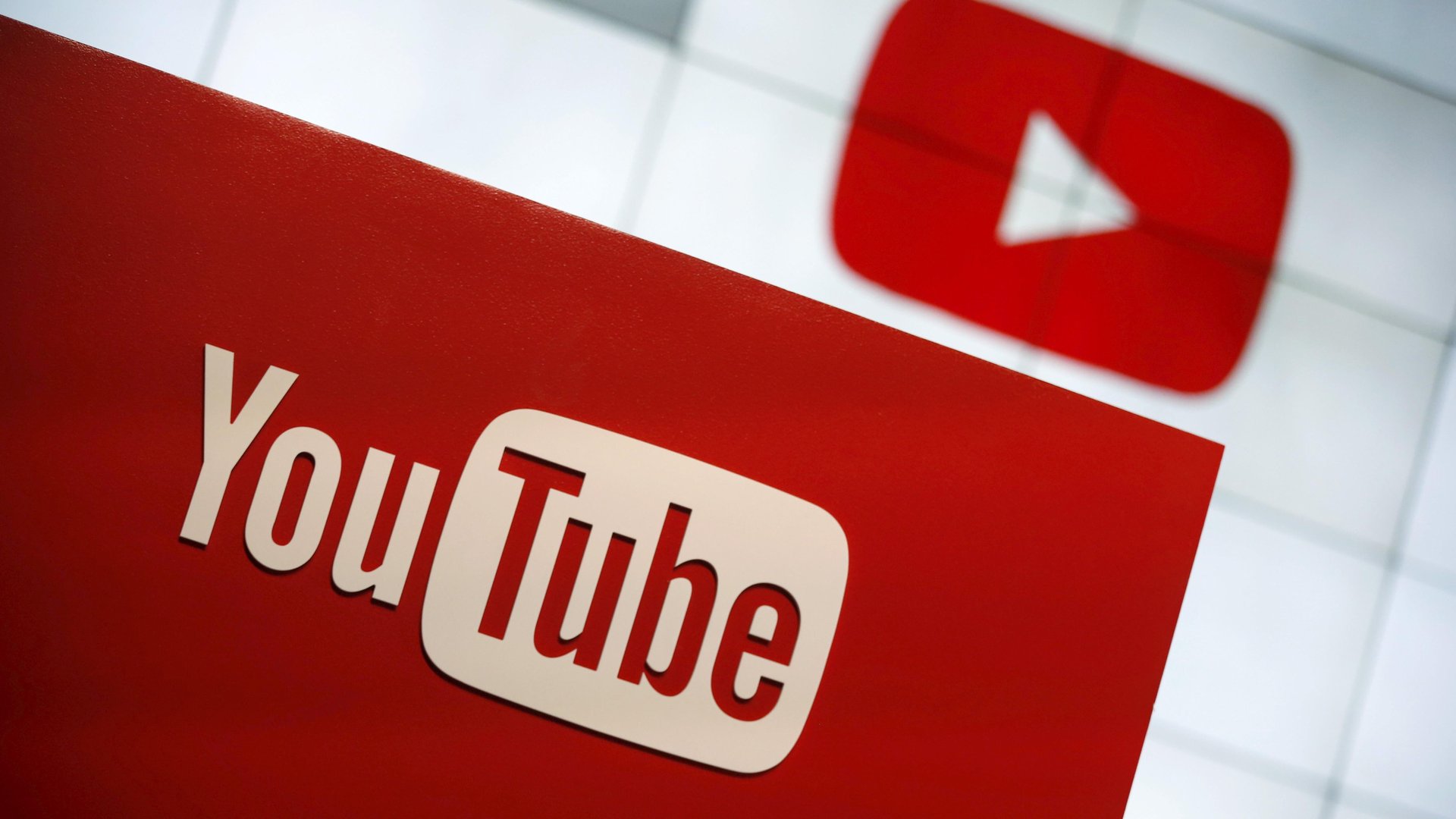YouTube will label AI-generated content, following Facebook and other social media giants
YouTube, Facebook, Instagram and TikTok now all require users to label AI-generated scenes that are realistic

YouTube is following Meta’s example and instituting a policy that requires its users to label AI-generated content. YouTube isn’t asking its creators to label everything that involves generative artificial intelligence, just “content that is altered or synthetic when it appears realistic or meaningful.”
Suggested Reading
The social media giant’s move to regulate its AI content amid the growing AI craze comes just a month after Meta announced a similar policy for Facebook, Instagram, and Threads. But while Meta is already taking measures to crack down on users who don’t follow its AI rules, YouTube is relying on the honor system — for now.
Related Content
“And while we want to give our community time to adjust to the new process and features, in the future we’ll look at enforcement measures for creators who consistently choose not to disclose this information,” the company said in a blog post Monday.
YouTube gave users specific examples of AI content to label
The platform owned by Google parent Alphabet gave a long (but not exhaustive) list of specific examples of content that will require labels.
🌊 Surf-fake: AI-generated footage of a surfer in Maui used for a promotional travel video.
🌪️ Unnatural disaster: A realistic image of a tornado that didn’t actually happen moving toward a real city.
🚓 Car chase forgery: A synthetically-generated video of a famous car chase scene in a movie showing a celebrity who wasn’t in the original film.
🏥 Inhospitable hospital hoax: AI-generated images of hospital workers refusing sick or wounded patients.
AI-labeling policies in social media: TBD
Meta and YouTube parent Alphabet are also part of a group of tech companies that signed a pact last month to combat AI-generated misinformation ahead of the 2024 presidential election. Still, Google, Meta, and TikTok are the only companies with AI guidelines for their social media platforms. Elon Musk’s X (which where deepfakes of Taylor Swift proliferated in January) has provisions for labeling deceitful images and audio, but none explicitly mention AI. Snapchat parent Snap did not immediately respond to a request for information Monday about whether it has plans to implement an AI labeling policy.